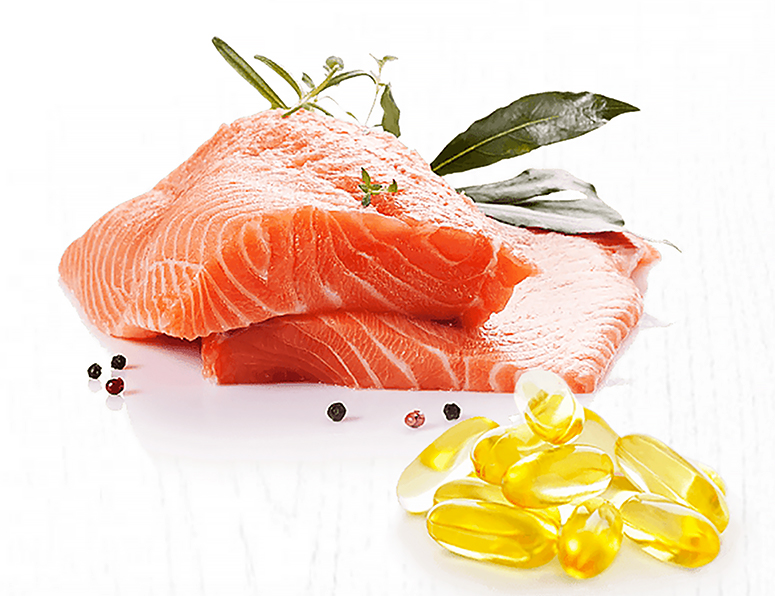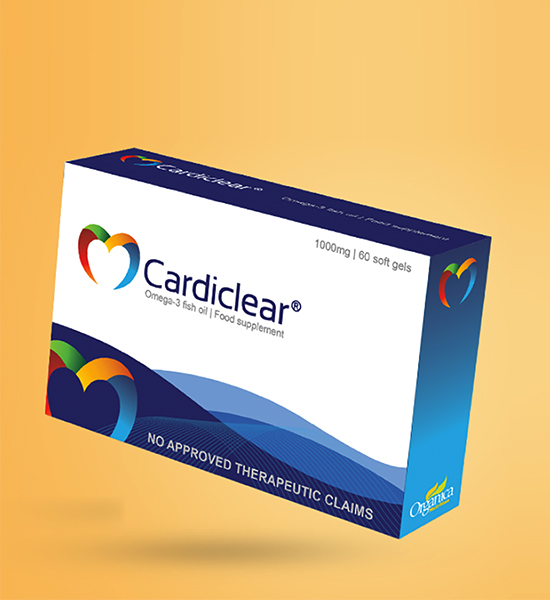Getting the skinny on fat
Being healthy not only means exercising regularly, but also putting the right fuel in your body. What we eat greatly impacts our overall health and wellness. And so, more and more people are now switching to healthier options when it comes to the food they eat to help strengthen their immune system.
Our diet is made up of three basic elements: macronutrients (carbohydrates, starch, and protein), micronutrients (vitamins and minerals), and phytonutrients, which we get from whole foods (food that is as close to its natural state as possible).
If we lean toward a more fast food-based diet, we have enough macronutrients, but we lose a bit of the micronutrients. Our diet needs to have some balance.
And one of the simplest ways to eat healthy is by having vegetables in every meal, and the right amount of (dietary) fat.
Not all fat is created equal
Dietary fat is essential to one’s health. It does not only give you the energy, but also helps your body absorb vitamins. However, not all fat is created equal.

Trans fats (like butter) are bad for you, polyunsaturated and monounsaturated (found in most nuts) fats are good, while saturated fats are somewhere in between.
For years, we were urged to banish fats from our diets whenever possible. So we switched to low-fat foods. But the shift didn’t make us healthier, probably because we cut back on healthy fats, like omega-3 fatty acids, which is essential to our daily bodily functions.
The healthy goodness of omega-3
Omega-3 fatty acids have various benefits for your body and brain. It is famous for its ability to lower the risk of heart disease and the complications that stem from it.
Regular intake of omega-3 can raise good cholesterol levels (HDL) while lowering triglyceride levels or the fat found in the blood.
Studies have also shown that it slows down the hardening of the arteries (atherosclerosis) and helps prevent heart attack, stroke, and death.
There are three types of omega-3 fatty acids: the EPA (Eicosapentaenoic Acid) and DHA (Docosahexaenoic Acid) are mainly found in fatty fish like salmon, mackerel, caviar, tuna, and sardines.
Meanwhile, the ALA (Alpha-linolenic) is found in plants like seeds, vegetable oil (canola, flaxseed, and soybean) as well as green, leafy veggies, nuts, and beans.
But since most of these food items rich in omega-3 are expensive and hard to find, one can opt for omega-3 fatty acids in soft-gel form like Cardiclear, a trusted omega-3 supplement.

Made of oil extracted from cold-water fish, Cardiclear Fish Oil contains lemon extract that eliminates the fishy aftertaste commonly experienced with other brands.
One Cardiclear softgel contains 1,000 mg of fish oil, which is equivalent to 300 mg of omega-3 triglycerides. Recommended dosage is one to three softgels daily, preferably with a meal.
It’s best to consult your doctor if you’re pregnant, nursing, have bleeding problems, taking medication, or planning any medical procedure before taking this product.
Cardiclear Fish Oil is an over-the-counter supplement available at Mercury Drug, South Star Drug, Generika Drug, Rose Pharmacy and Watsons.
* * *
Editor’s Note: BrandedUp is designed to provide you with insightful, inspiring and educational content created by PhilSTAR L!fe in collaboration with brands like Cardiclear.



